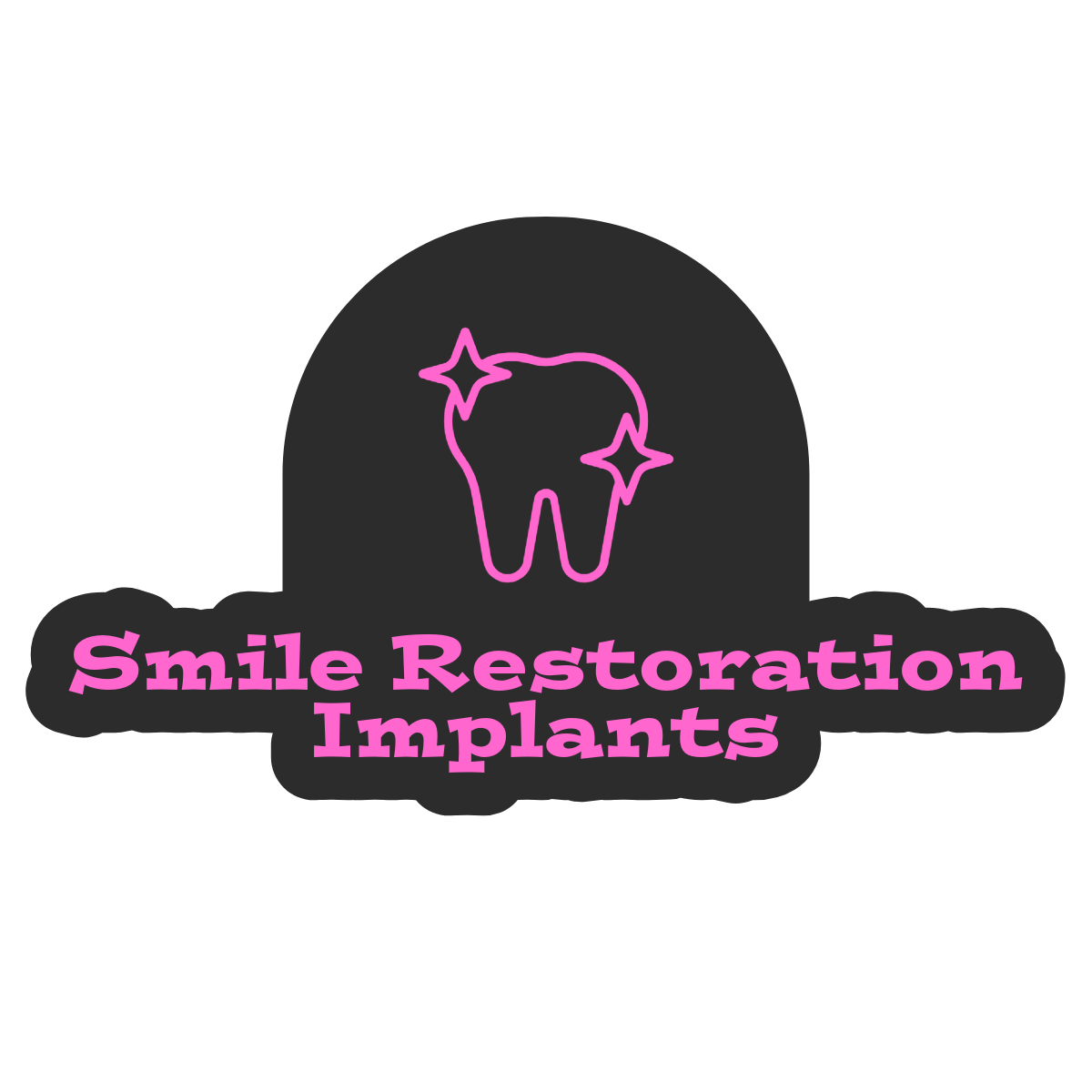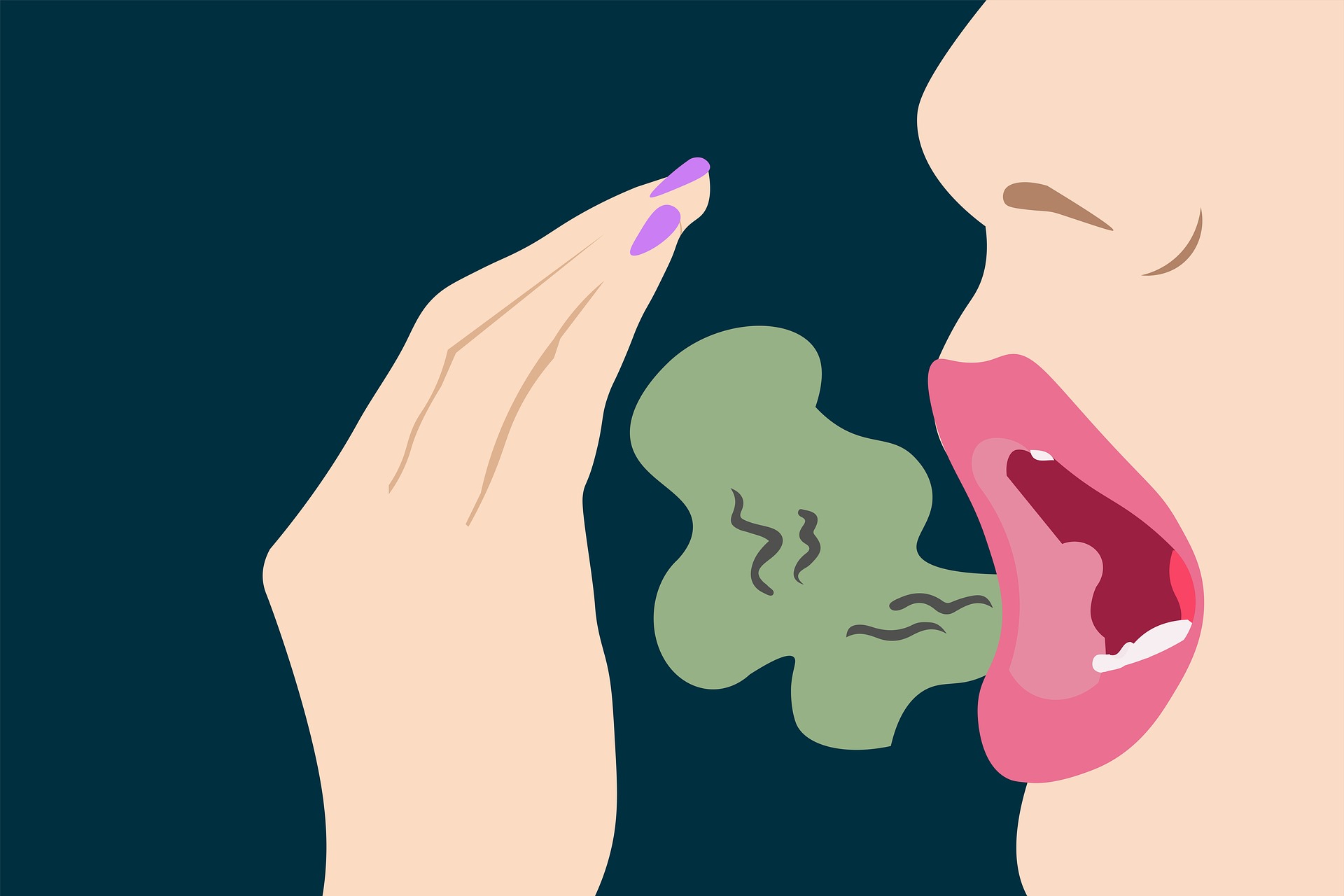If you’ve recently had a wisdom tooth removed and are wondering, “Why does my breath smell after wisdom tooth removal?” you’re not alone. Bad breath, or halitosis, is a common issue following dental surgeries like wisdom tooth extraction. While it may be unpleasant, it’s typically temporary and manageable. Understanding the causes and remedies can help you address this issue effectively and promote a smoother recovery.
Why Does My Breath Smell After Wisdom Tooth Removal? Understanding the Causes
Bad breath after wisdom tooth removal can be attributed to several factors related to the healing process and changes in your oral environment. Let’s explore the most common reasons:
1. Food Particles Trapped in the Extraction Site
After your wisdom tooth is removed, an empty socket is left behind. Food particles can easily become lodged in this area, creating an environment where bacteria thrive. This bacterial buildup often produces a foul odor, contributing to bad breath.
2. Bacterial Overgrowth
The healing socket may accumulate bacteria, especially if it’s not cleaned gently and effectively. Bacteria break down food debris and produce sulfur compounds, which are a common cause of bad breath.
3. Dry Socket (Alveolar Osteitis)
If the blood clot protecting the extraction site becomes dislodged or dissolves too soon, a condition called dry socket can occur. A dry socket exposes bone and nerve endings, leading to significant pain and a strong, unpleasant smell from the infection.
4. Post-Surgical Bleeding
After surgery, residual bleeding can leave a metallic taste in your mouth and contribute to bad breath. The blood can pool around the surgical area and serve as a food source for bacteria.
5. Poor Oral Hygiene Post-Surgery
Discomfort after surgery might make you hesitant to clean your teeth properly. However, neglecting oral hygiene can lead to plaque buildup and bacterial growth, exacerbating bad breath.
6. Medications and Dry Mouth
Pain medications or antibiotics prescribed post-surgery can lead to dry mouth (xerostomia) by reducing saliva production. Saliva is crucial for naturally cleaning the mouth, and its absence allows bacteria to flourish, causing an unpleasant smell.
How Long Does Bad Breath Last After Wisdom Tooth Removal?
Bad breath after wisdom tooth removal is usually temporary and should improve as the healing process progresses. In most cases, it subsides within 7–10 days, provided you follow proper aftercare instructions. However, persistent bad breath or worsening symptoms may indicate an infection or other complications, warranting a visit to your dentist.
How to Address Bad Breath After Wisdom Tooth Removal
If you’re grappling with the question, “Why does my breath smell after wisdom tooth removal?” here are actionable steps you can take to alleviate the problem:
1. Keep the Area Clean
- Rinse your mouth gently with a saltwater solution after meals to remove food particles and reduce bacterial buildup.
- Avoid vigorous rinsing or spitting, as it can dislodge the blood clot protecting the socket.
- Use a soft-bristled toothbrush to clean your teeth, steering clear of the extraction site.
2. Stay Hydrated
Dry mouth exacerbates bad breath. Drink plenty of water to keep your mouth moist and stimulate saliva production. Saliva helps wash away bacteria and food debris that contribute to odors.
3. Follow a Soft-Food Diet
Stick to soft foods like yogurt, mashed potatoes, and smoothies to avoid irritating the extraction site. Avoid spicy, crunchy, or sticky foods that can become trapped in the socket.
4. Avoid Tobacco and Alcohol
Both smoking and alcohol consumption can hinder the healing process and worsen bad breath. Smoking, in particular, increases the risk of dry socket and infection.
5. Use Dentist-Approved Mouthwash
If your dentist recommends a medicated or antibacterial mouthwash, use it as directed to reduce bacteria in your mouth and freshen your breath. Avoid alcohol-based mouthwashes, as they can dry out your mouth.
When to Consult Your Dentist
While bad breath after wisdom tooth removal is common and usually resolves on its own, certain signs may indicate a more serious issue:
- Persistent or worsening bad breath despite following proper aftercare.
- Severe pain that doesn’t improve with medication.
- Swelling, redness, or discharge near the extraction site.
- Fever or general feelings of unwellness.
If you experience any of these symptoms, contact your dentist promptly for an evaluation.
Why Does My Breath Smell After Wisdom Tooth Removal? Key Takeaways
Bad breath after wisdom tooth removal can be caused by bacterial growth, food particles, dry socket, or medications. While it’s a temporary inconvenience, addressing the underlying causes with proper aftercare can help you manage and minimize the issue.
To summarize:
- Practice gentle but consistent oral hygiene.
- Stay hydrated and avoid foods that can irritate the surgical area.
- Refrain from smoking or drinking alcohol during recovery.
- Follow all post-surgical care instructions provided by your dentist.
By taking these steps, you can promote healing and ensure that your bad breath resolves quickly. If you’re still wondering, “Why does my breath smell after wisdom tooth removal?” remember that your dentist is the best resource for advice and care during your recovery.

